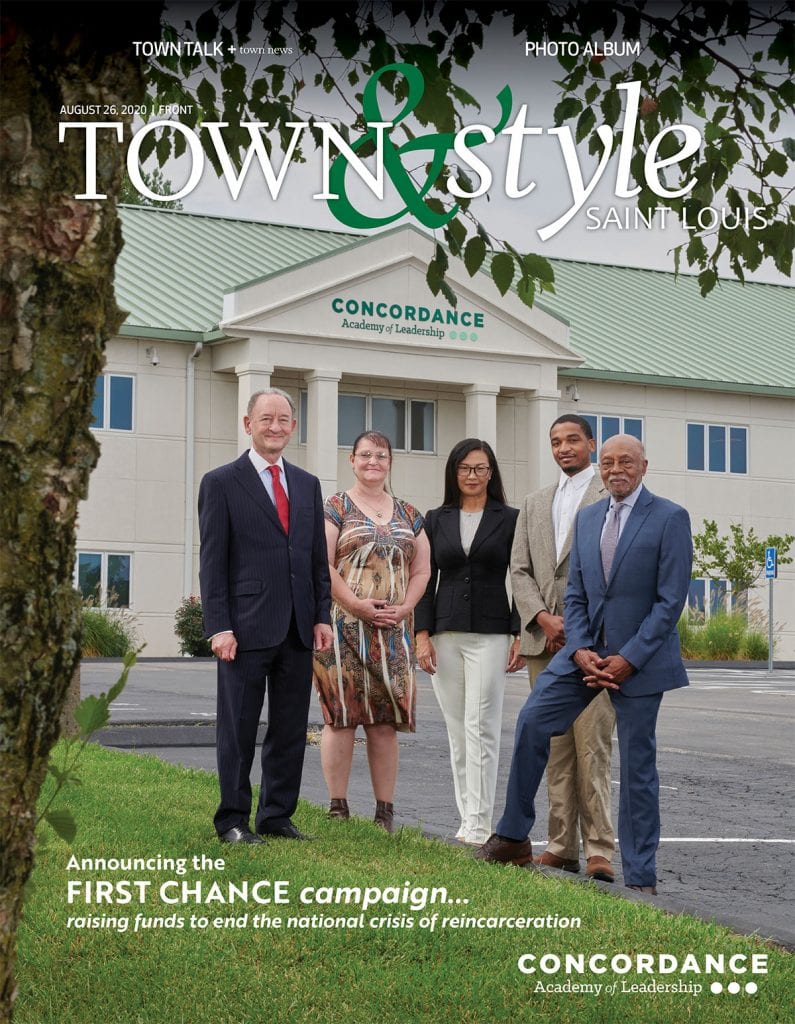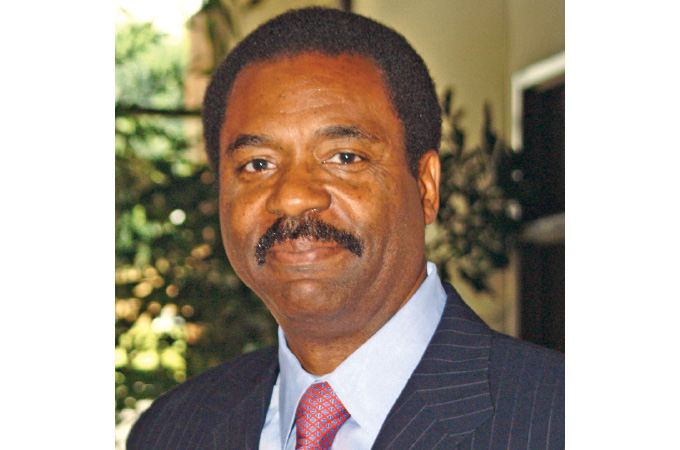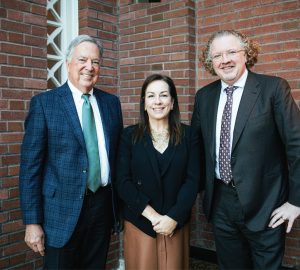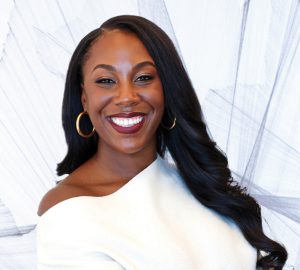When the pandemic hit this spring, Concordance Academy of Leadership quickly adapted. The nonprofit, dedicated to lowering reincarceration rates and advancing the field of re-entry services, knew its participants would need even more support during the crisis. It adopted mask and social distancing policies, created a new rotating schedule and provided participants money for ride shares so they didn’t have to take public transit. “We serve one of the most vulnerable populations, and during COVID-19, we have continued to provide the essential services that our participants need,” says president and CEO Danny Ludeman.
Recidivism is a problem that is often overlooked but has a major impact on the community. “It is the third greatest societal issue our country faces,” Ludeman says. “More than 100 million people are impacted by mass incarceration, and minorities, especially the Black community, are affected disproportionately.” Statistics show that more than 75% of individuals released from prison are rearrested within the next five years—a number that has remained unchanged for decades.

According to Ludeman, one reason the situation doesn’t improve is a lack of understanding as to why reincarceration occurs. Around 80% of the national prison population deal with mental illness or substance abuse, and all of Concordance Academy’s participants report experiencing a major childhood trauma such as sexual assault, physical abuse or witnessing the death of a loved one. “Due to these issues, our participants have little education, job readiness skills or familial support, and they also must deal with the stigma of being a felon,” he notes. “If a person comes out of prison and doesn’t receive treatment and support, what will happen? He or she is going back because nothing has changed.”
The academy’s holistic, 18-month program focuses on serving individuals in three core areas: behavioral health and wellness, education and employment, and community and life skills. Ludeman says the scope of Concordance Academy’s services sets it apart. “We offer 12 programs under one roof, and our focus is on healing the individual first,” he notes. Services begin six months before release, and after the program is completed, participants retain access to clinical and career services as alumni. There is empirical evidence that this approach works. In the St. Louis area, recidivism rates have been lowered by more than 40% since the nonprofit’s inception in 2015.
To further its mission, Concordance Academy is launching the First Chance campaign. The $50 million fundraising effort will allow it to expand services to an additional 11 U.S. cities by 2025. “A lot of reentry programs refer to a second chance, but the reality is that most of these individuals were never given a first,” Ludeman notes. “Trauma affects everything about you, and it doesn’t end for people living in certain communities across this country. We want to give them the opportunities they could never access before.”
The initiative is chaired by David Steward of World Wide Technology. He is joined by more than 30 co-chairs, who are business and community leaders from St. Louis and beyond. “David is helping us find a tangible solution to improve millions of lives,” Ludeman says. “We are very fortunate to have the support we do, including our partners in health care, employment and legal services. The community has rallied around this effort. St. Louis will demonstrate to the rest of the country that this problem can be solved.”
Concordance Academy of Leadership is dedicated to helping end the cycle of reincarceration. It recently launched the First Chance campaign, a $50 million fundraising effort to expand its re-entry services to 11 additional U.S. cities by 2025. Pictured on the cover: First Chance campaign co-chairs Mark Wrighton (far left), Jackie Yoon (middle) and Donald Suggs (far right) with Concordance Academy participants. For more information, call 314.369.6001 or visit concordanceacademy.org.
Cover design by Julie Streiler
Cover photo by Tim Parker Photography
Pictured at top: First Chance campaign chair David Steward
Photo courtesy of Concordance Academy








